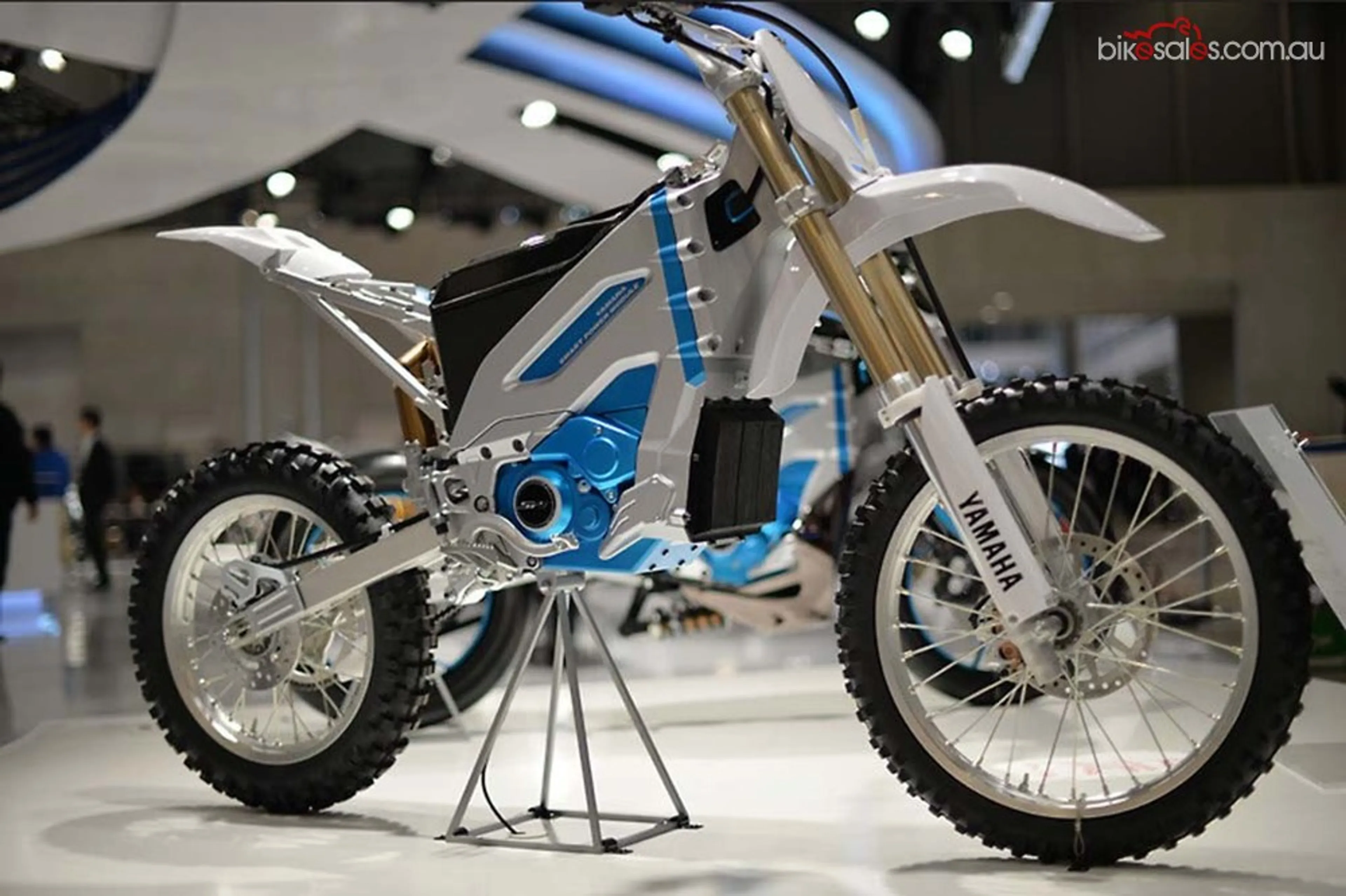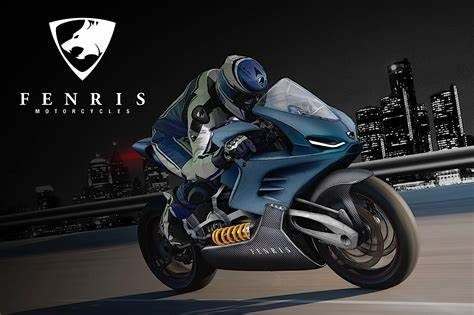The Future of Motorcycling: Electric Motorcycles and Sustainable Transportation

Introduction:
The world of motorcycling is on the cusp of a revolutionary transformation, and it's all about going green. As the global community increasingly embraces sustainable transportation solutions, electric motorcycles are emerging as a pivotal force in shaping the future of motorcycling. In this article, we'll explore the rise of electric motorcycles, their impact on the industry, and their contribution to sustainable transportation.
1. The Rise of Electric Motorcycles:
Electric motorcycles, or e-bikes, have gained significant momentum in recent years. Powered by electric motors and batteries, these machines offer riders a cleaner, quieter, and more environmentally friendly alternative to traditional gasoline-powered motorcycles. As battery technology continues to advance, electric motorcycles are becoming more accessible, practical, and appealing to riders of all kinds.
2. Advantages of Electric Motorcycles:
Electric motorcycles offer several compelling advantages. First and foremost is their eco-friendliness. With zero tailpipe emissions, they contribute to improved air quality and reduced greenhouse gas emissions. They also tend to be quieter, reducing noise pollution in urban areas. Additionally, e-bikes are highly efficient, with lower operating and maintenance costs compared to their gasoline counterparts.

3. Performance and Range:
One of the early concerns about electric motorcycles was their limited range and performance. However, recent advancements in battery technology have addressed these issues. Modern electric motorcycles can offer competitive ranges on a single charge and can rival traditional bikes in terms of acceleration and top speed. High-performance electric sportbikes are also gaining popularity.
4. The Impact on the Motorcycle Industry:
The rise of electric motorcycles is reshaping the motorcycle industry. Established manufacturers are introducing electric models to their lineups, while new startups dedicated exclusively to electric bikes are emerging. This shift is not only driven by consumer demand for eco-conscious options but also by governments worldwide incentivizing electric vehicle adoption.
5. Charging Infrastructure:
A critical component of the electric motorcycle ecosystem is the charging infrastructure. To encourage the widespread adoption of electric motorcycles, governments and private companies are investing in charging stations. This infrastructure expansion makes long-distance travel more feasible for e-bike riders.
6. Customization and Innovation:
The electric motorcycle wave is driving innovation in design and customization. E-bike manufacturers are exploring novel approaches to frame construction, battery integration, and user interfaces. Riders can expect more options to tailor their bikes to their preferences and needs.

7. Sustainable Transportation:
Electric motorcycles are not just a trend within the motorcycle industry; they are a significant component of sustainable transportation systems. They align with global efforts to reduce carbon emissions and dependence on fossil fuels. As cities adopt cleaner mobility solutions, electric motorcycles are poised to play a pivotal role in urban transportation.
8. Challenges and Considerations:
Despite their many advantages, electric motorcycles face challenges, including charging infrastructure gaps in certain regions, limited model variety compared to traditional bikes, and the need for continued advancements in battery technology. However, ongoing research and development efforts aim to address these challenges.
Conclusion:
The future of motorcycling is electrified and sustainable. Electric motorcycles are not only cleaner and more efficient but also offer exciting new possibilities for riders. As the industry continues to evolve, embracing electric motorcycles is not just about staying ahead of the curve; it's about contributing to a greener, more sustainable future of transportation. As riders and manufacturers alike embrace this transition, we can look forward to a future where electric motorcycles are the new standard, revolutionizing the way we ride and shaping a cleaner world for generations to come.

